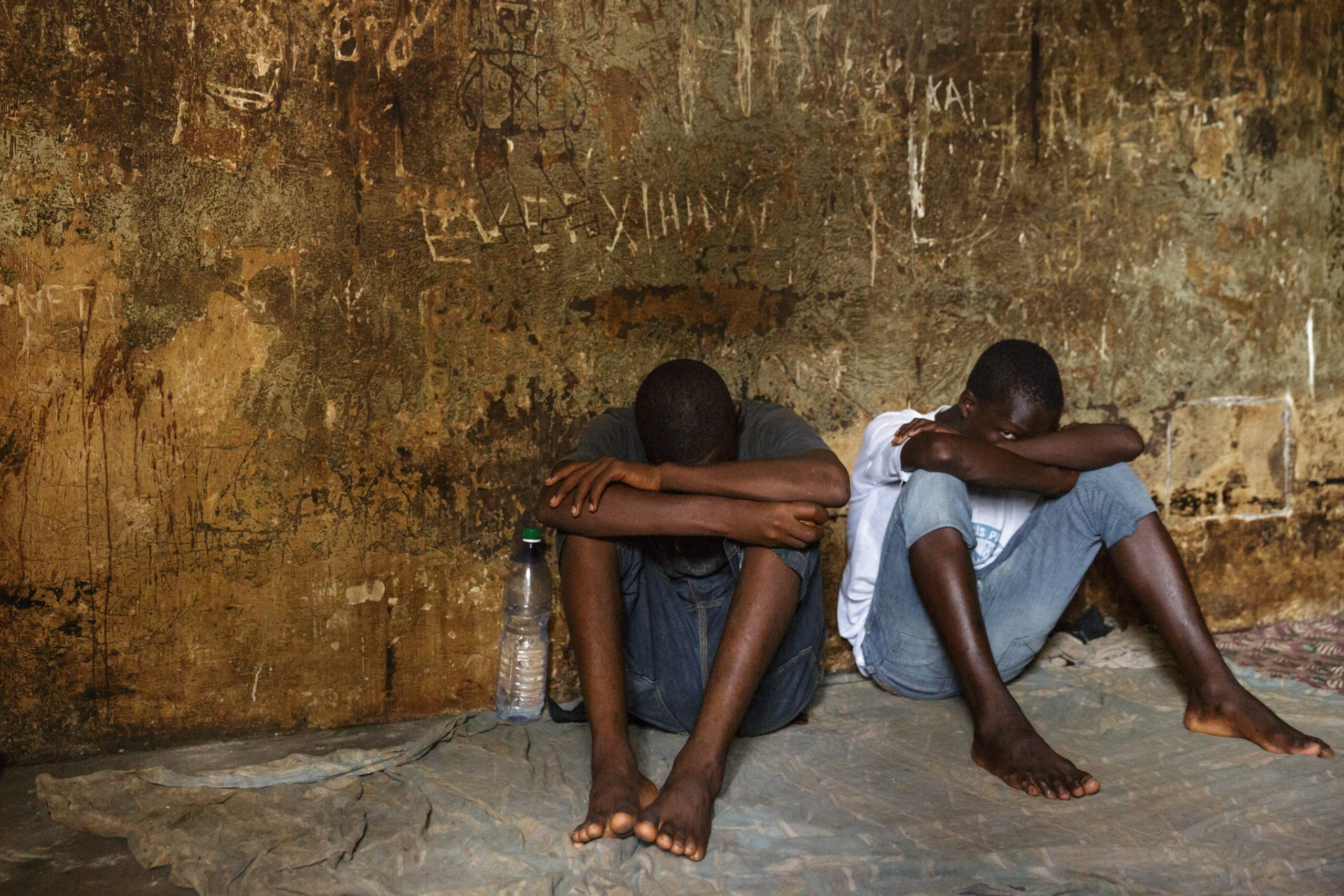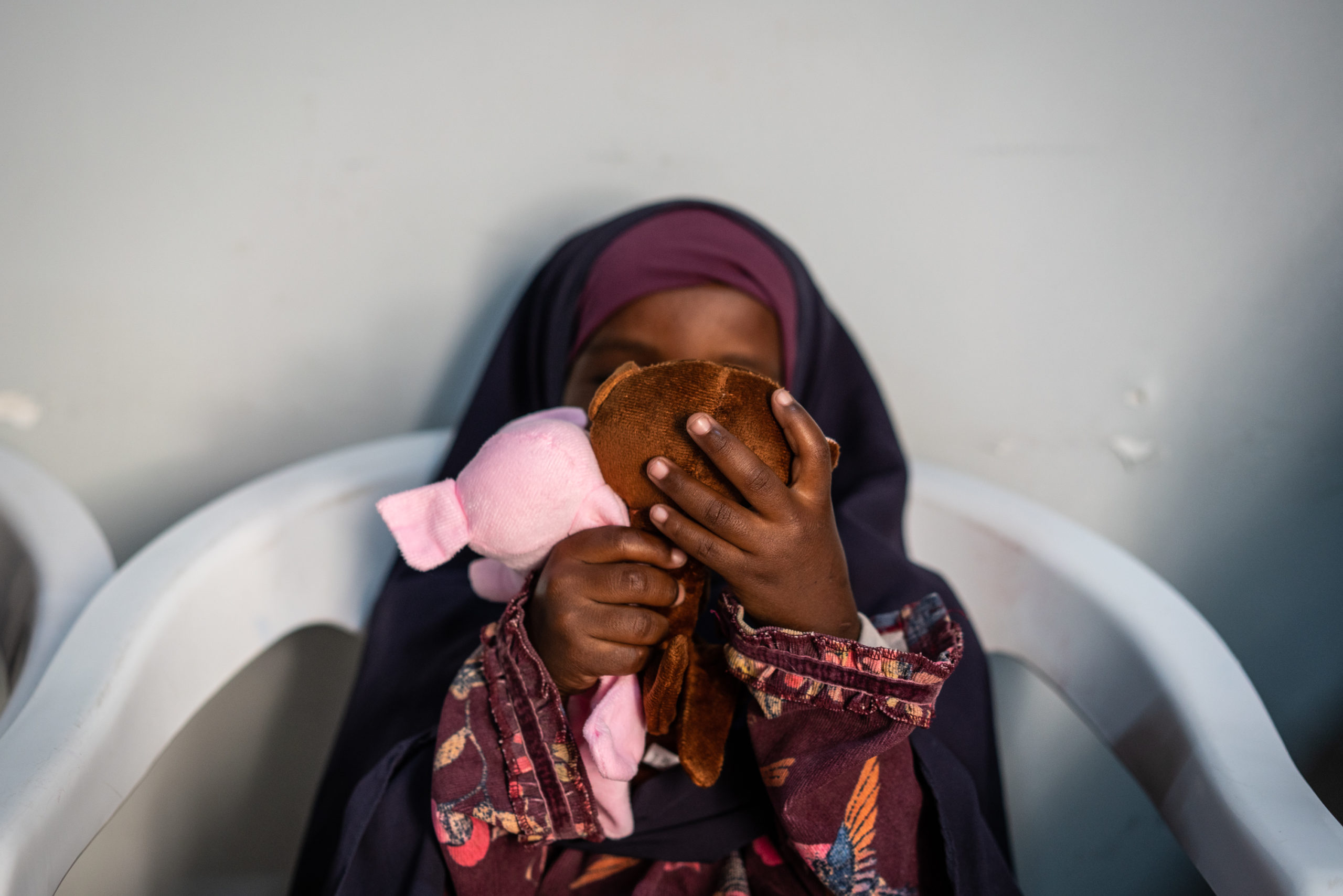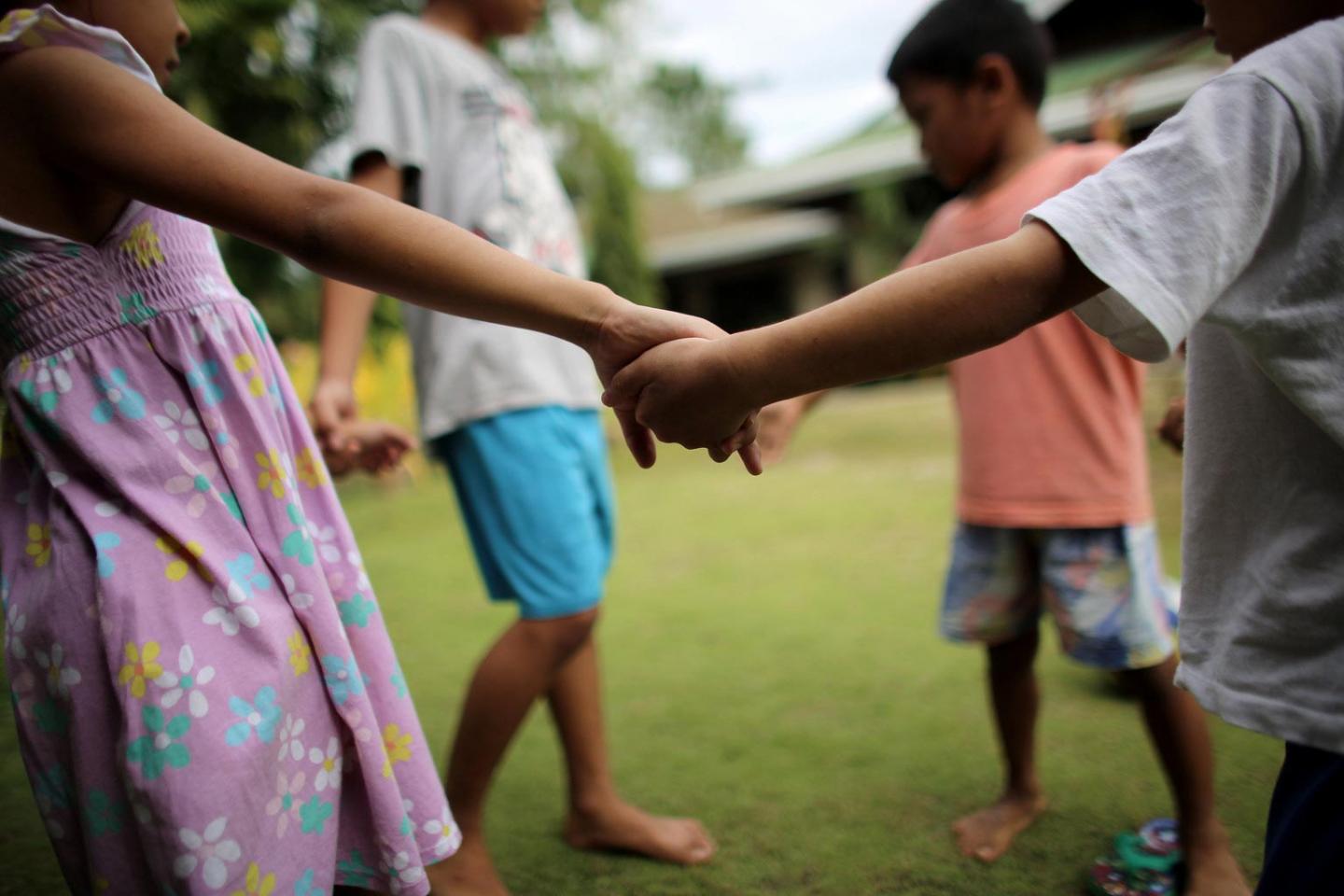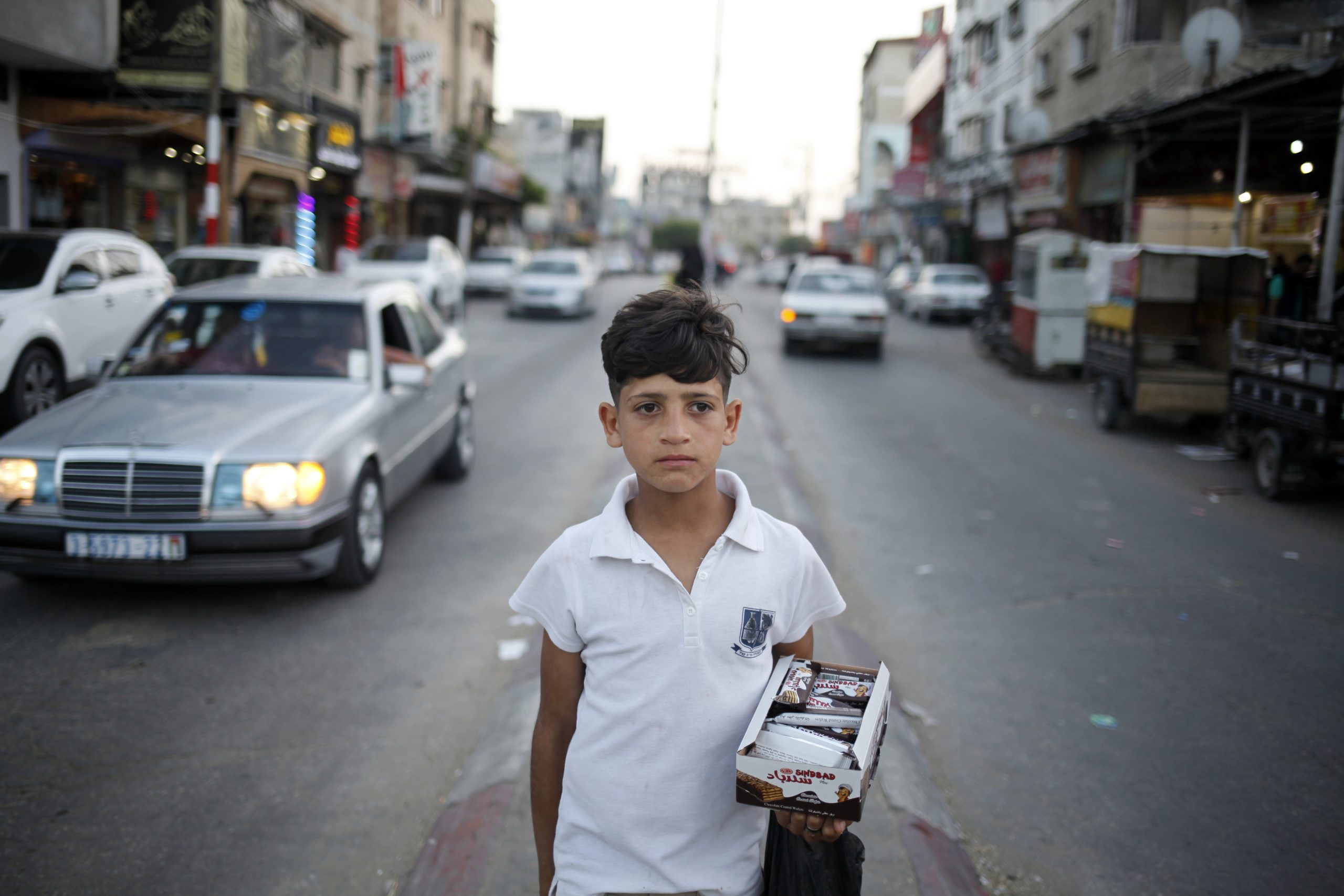
When children encounter the justice system – as alleged offenders, victims, witnesses or as parties to civil or administrative matters – they are entitled to specialized processes and procedures that are consistent with the United Nations Convention on the Rights of the Child and other international standards. Yet many justice systems are neither child-friendly nor gender-sensitive and often fail to meet the needs or uphold the rights of all children.
Evidence from the COVID-19 pandemic – along with previous infectious disease outbreaks – suggests that existing child protection violations are exacerbated, and new risks emerge, in times of crisis. In addition to the adverse impacts of detention and incarceration on their well-being, children risk contracting the virus when detained in confined and overcrowded spaces. They are also more vulnerable to neglect and abuse, especially if staffing levels or care are undermined by the pandemic or containment measures.
The data presented in this publication are derived from UNICEF’s Socioeconomic Impact Survey of COVID-19 Response. The survey collected information from 157 UNICEF country offices – 138 in low- and middle-income countries and 19 in high-income countries – on disruptions in services as a result of the coronavirus. As of 30 October 2020, 143 country offices had provided responses on questions pertaining to justice for children in the third quarter round of the survey. Thus, the results reflect the situation in 95 per cent of UNICEF programme countries, which are home to around 2 billion children.


